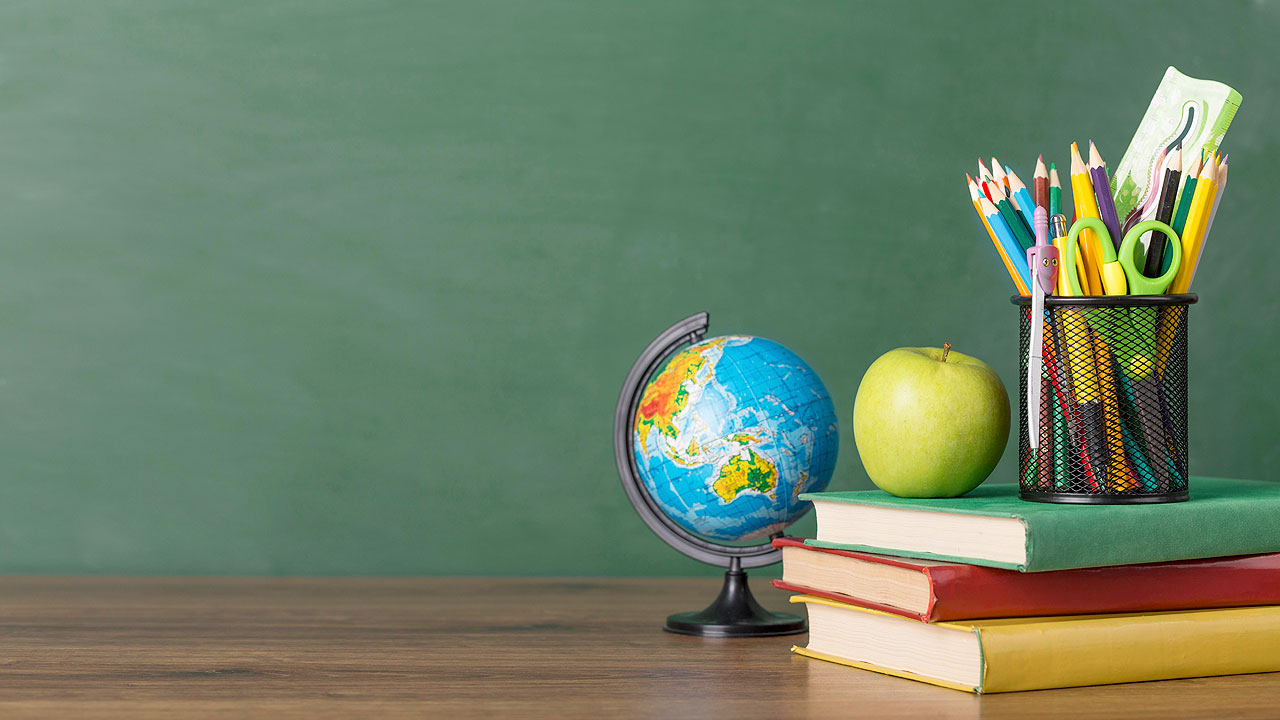Education is one of the most powerful tools available to individuals and societies. It shapes the future of individuals, communities, and countries, helping to reduce poverty, promote equality, and foster overall development. In this article, we’ll discuss the significance of education, its impact, and how it contributes to personal and societal growth.
What is Education?
Education is the process of acquiring knowledge, skills, values, and attitudes through various methods such as teaching, training, and research. It is not just limited to formal schooling, but also includes informal learning experiences that help individuals grow intellectually, socially, and emotionally.
Types of Education
- Formal Education
Formal education refers to the structured system of schooling that individuals go through from primary school to higher education. It involves specific curricula, exams, and certifications, and is typically delivered in schools, colleges, and universities. - Informal Education
Informal education occurs outside of a traditional classroom setting and includes learning experiences that happen in daily life. This can be learning from family, peers, or even from personal experiences. It plays a critical role in shaping life skills and emotional intelligence. - Non-formal Education
Non-formal education refers to organized educational activities that happen outside the formal school system, such as workshops, adult education classes, online courses, and community learning programs. These can be more flexible and accessible to people of all ages.
The Importance of Education
- Personal Growth
Education empowers individuals by enhancing their skills, expanding their knowledge base, and enabling them to think critically. It opens up new career opportunities and provides a sense of personal fulfillment. Education helps individuals reach their full potential and make meaningful contributions to society. - Economic Development
A well-educated population is essential for a strong economy. Education enhances productivity, innovation, and entrepreneurship. It enables individuals to gain specialized skills, improving their employability and contributing to economic growth. - Social Equality
Education plays a vital role in promoting social equality. It helps reduce gender disparities, improve access to opportunities for marginalized groups, and empower individuals to break free from the cycle of poverty. A more educated society tends to be more inclusive and equitable. - Global Competitiveness
In today’s globalized world, education is crucial for remaining competitive. Countries with higher levels of education tend to have more advanced industries, higher levels of innovation, and greater global influence. Education helps individuals and societies adapt to changing technological and social environments. - Improved Health and Well-being
Educated individuals tend to lead healthier lives. They are more likely to make informed decisions about their health, adopt healthier lifestyles, and access medical services. Education also promotes mental and emotional well-being by providing individuals with a sense of purpose and community.
Challenges in Education
Despite the numerous benefits of education, there are still challenges in accessing quality education, particularly in low-income and rural areas. Issues such as lack of infrastructure, poverty, and inequality can limit educational opportunities for many people around the world.
Moreover, the educational system in many places needs to be reformed to meet the needs of a rapidly changing world. There is an increasing demand for skills in technology, critical thinking, and creativity, and the education system needs to evolve to provide these.
Conclusion
Education is the foundation of personal, societal, and global progress. It fosters innovation, promotes equality, and contributes to economic prosperity. As we face new challenges and opportunities in the modern world, investing in education is one of the most effective ways to ensure a brighter future for everyone.




